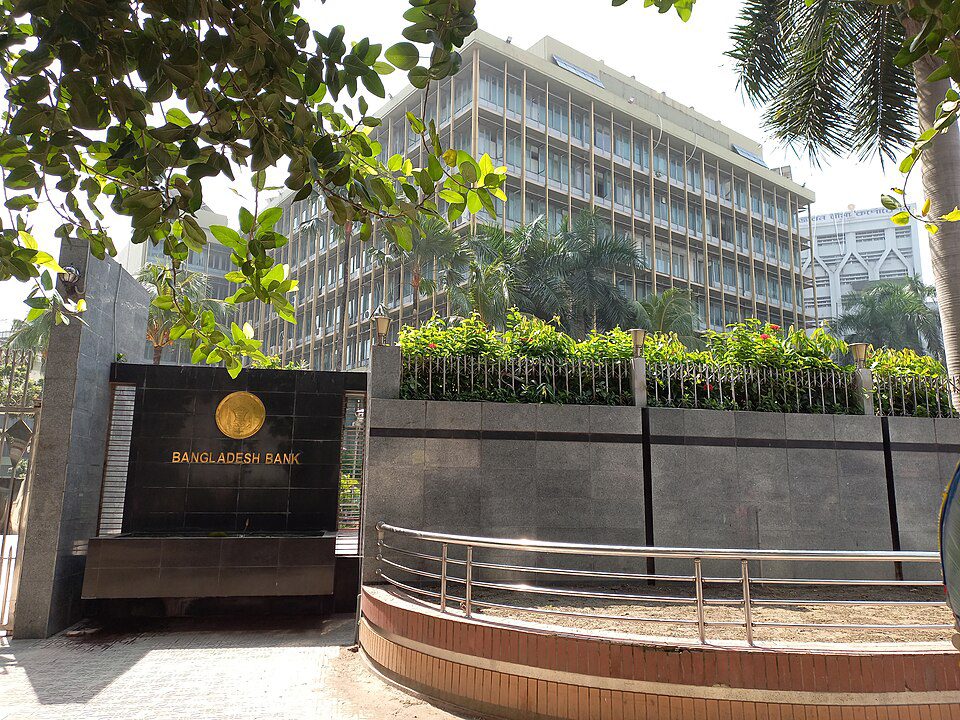Bangladesh Bank, the central bank of the country, has injected an unprecedented amount of Tk 52,500 crore into 12 financially weak banks by printing new currency, despite maintaining a tightened monetary policy stance.
According to BB data released on Saturday, this substantial financial assistance is part of the state bank’s broader efforts to stabilise the banking sector, which includes plans to merge several fragile institutions.
Of the total amount, some Tk 33,000 crore has been disbursed to 10 banks as ‘demand loans’ to help facilitate the repayment of customer deposits.
An additional Tk 19,000 crore in current account deficits across nine banks has also been converted into demand loans, effectively providing them with a critical financial lifeline.
The banks receiving this support include First Security Islami Bank, Social Islami Bank (SIBL), National Bank, EXIM Bank, Global Islami Bank, Islami Bank Bangladesh, AB Bank, Bangladesh Commerce Bank Ltd, Investment Corporation of Bangladesh, Basic Bank, and Padma Bank.
Notably, First Security Islami Bank received the largest share, amounting to Tk 14,200 crore.
BB Governor Ahsan H Mansur confirmed that five private Islamic banks are slated for merger ‘very soon’, regardless of the forthcoming national elections.
“This is an ongoing process, and we expect the next government to continue it,” he said.
He also revealed that liquidity support has already been extended. Six institutions, identified as ‘weak’ due to “various irregularities and loan fraud”, are set to be merged by July.
“These banks will temporarily remain under state control,” said Mansur, explaining, “After which their shares will be transferred to public and international strategic investors, following reorganisation.”


